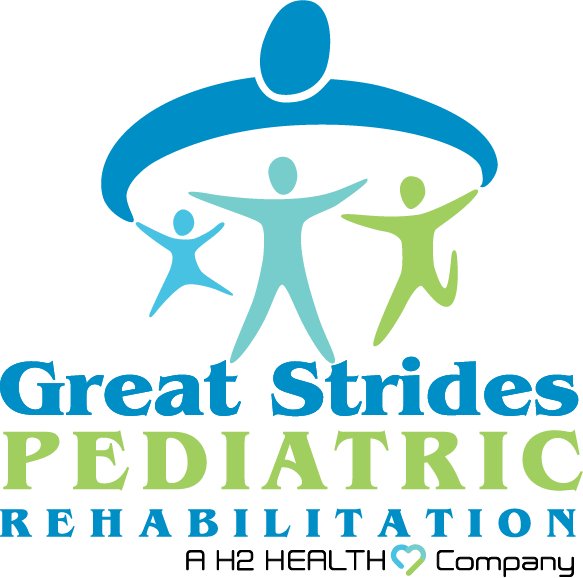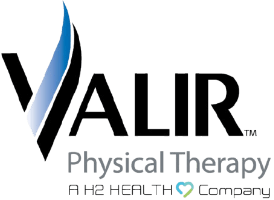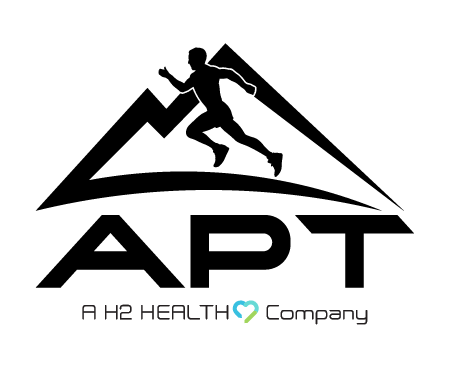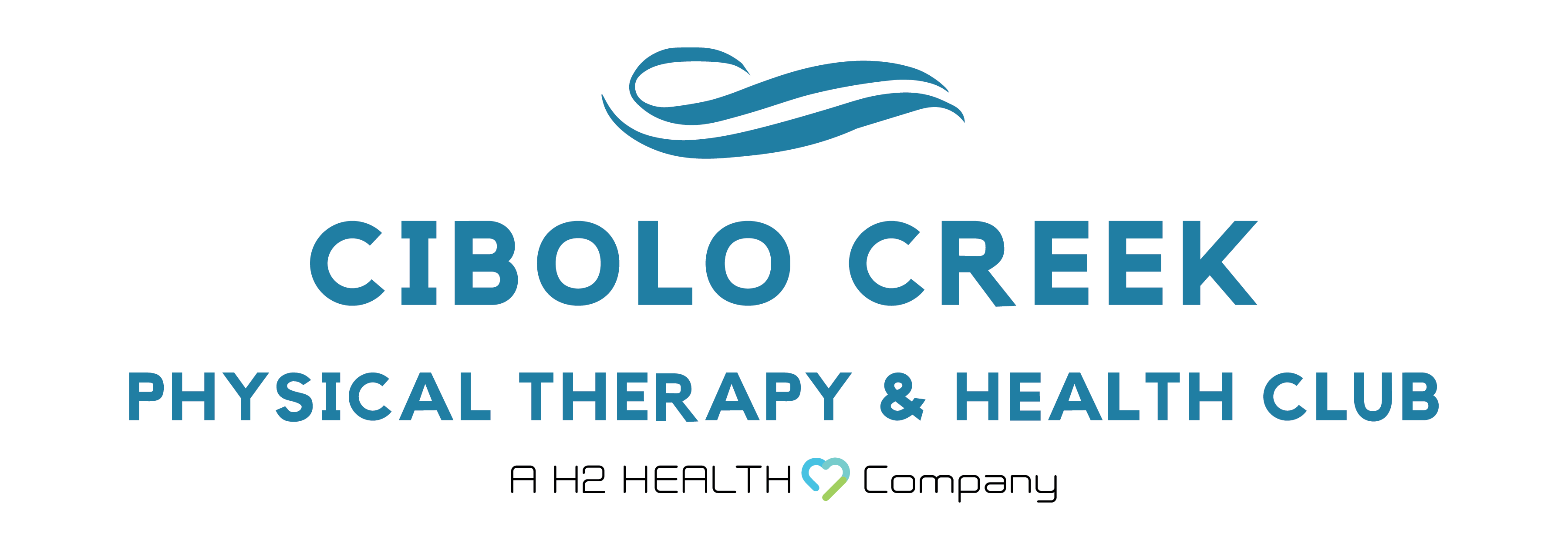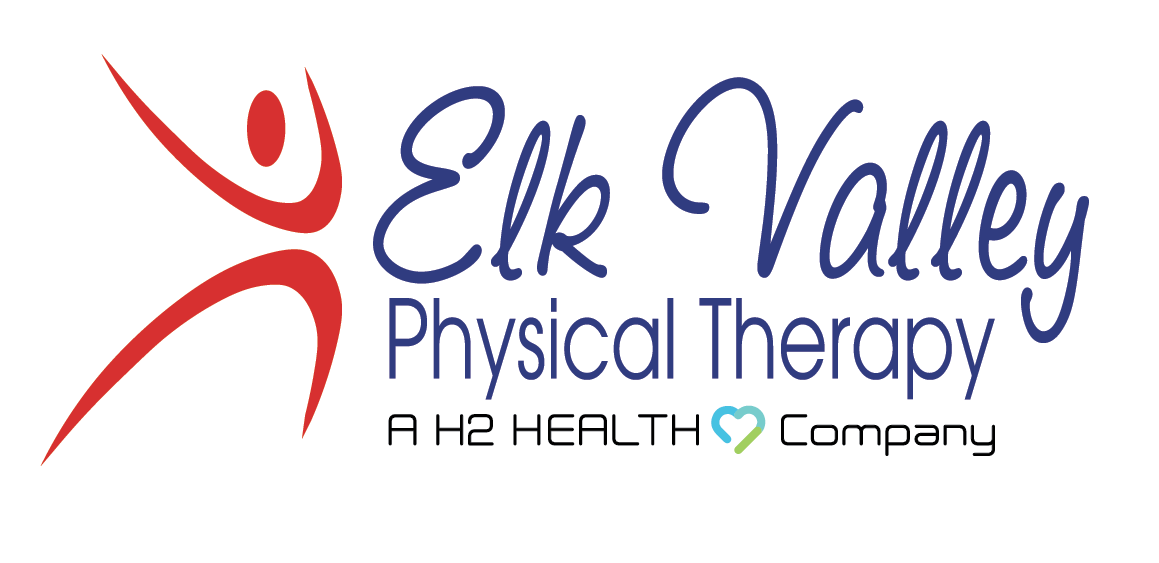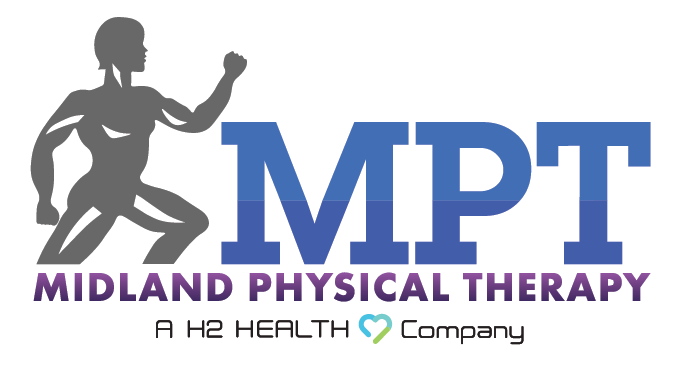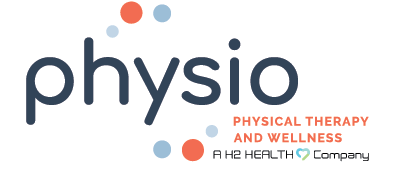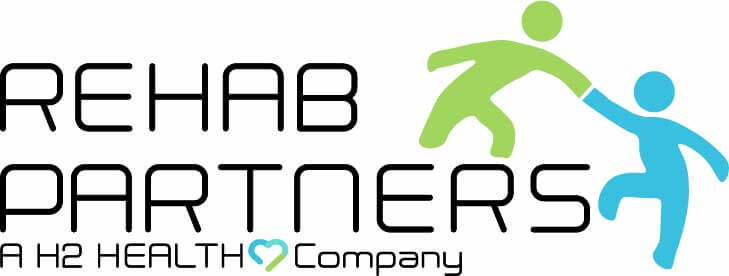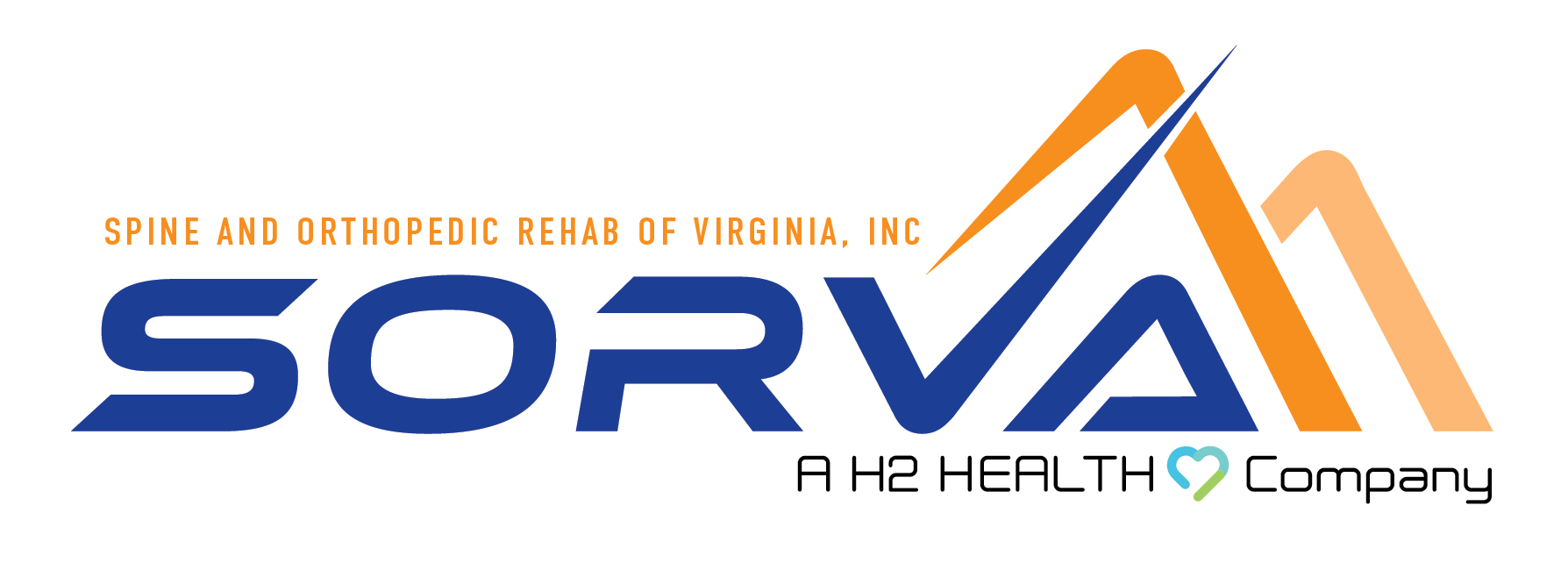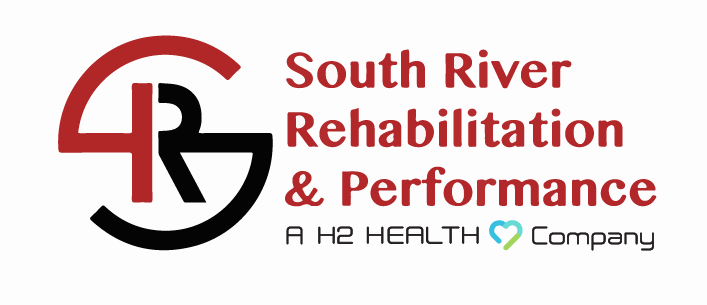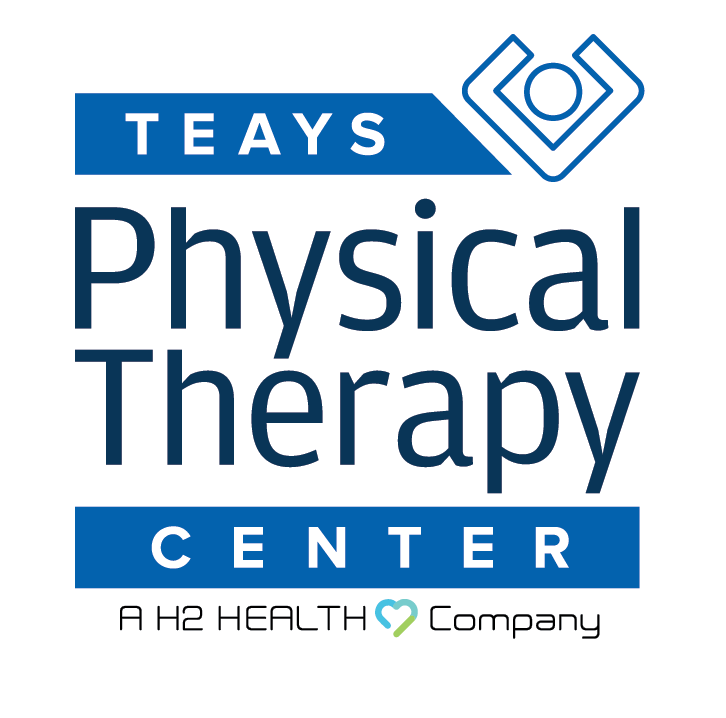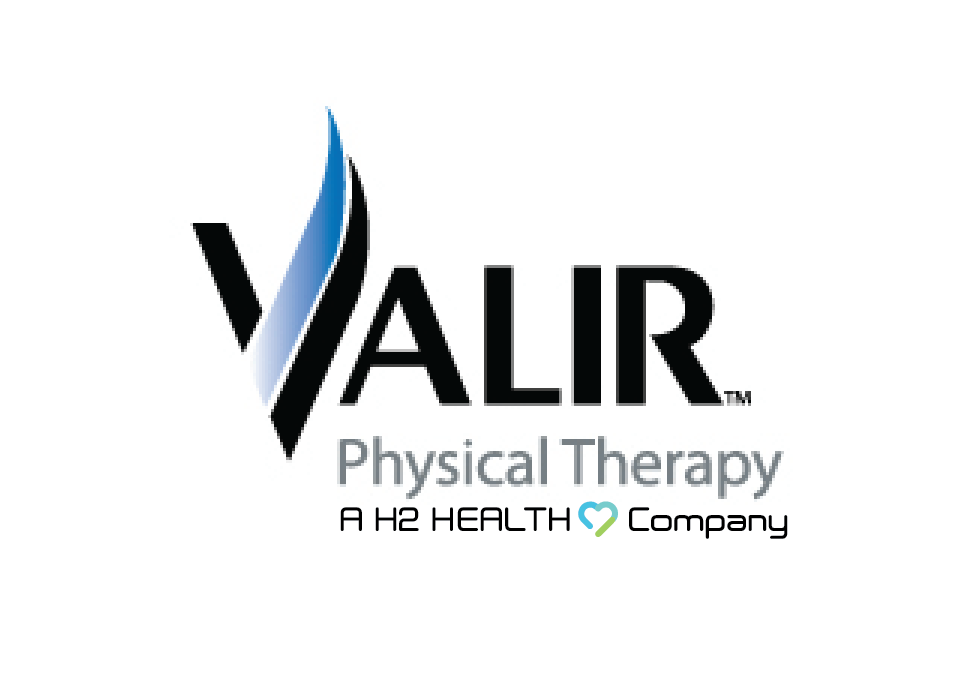
Herniated discs are a common cause of ongoing back pain, which can impact your overall quality of life. If you have been experiencing significant discomfort or lower back pain, you may wonder if physical therapy is the right step toward relieving the problem. By preparing the right questions to discuss with your doctor, you can better understand how physical therapy can help manage your herniated disc pain effectively.
This article will help you understand what causes herniated disc pain, the essential questions you should ask your doctor, and how H2 Health’s physical therapists can support you.
What Is Herniated Disc Pain, and What Causes It?
Your spine consists of bones (vertebrae) separated by soft discs that act as cushions, absorbing shocks and maintaining flexibility. A herniated disc occurs when the soft, jelly-like substance inside the disc pushes out through a tear in the tougher exterior. As a result, nearby nerves are irritated, which leads to pain, numbness, or weakness.
Common causes of herniated discs include:
- Age-Related Wear and Tear: Also known as disc degeneration, this natural process makes discs less flexible, increasing the risk of tearing or rupture.
- Sudden Strain or Injury: Lifting heavy objects incorrectly, sudden movements, or physical trauma can force excessive pressure on the discs.
- Poor Posture: Sitting or standing in positions that strain your back can gradually lead to disc herniation.
- Repetitive Motions: Frequent physical activities or tasks that involve bending, twisting, or repetitive lifting can contribute to herniated discs.
Herniated discs can affect any part of the spine, but they are most commonly found in the lower back, resulting in lower back pain. People often experience discomfort radiating down their legs, known as sciatica, when nerves in the lumbar (lower back) area are impacted.
10 Questions about Physical Therapy for Herniated Disc Pain
Before beginning any treatment, it is essential to gather as much information as possible. Here are 10 questions to guide your conversation with your doctor about physical therapy:
1. What are my options for treating a herniated disc?
Ask if physical therapy is a suitable approach compared to other treatments, such as medications or surgery.
2. How can working with a physical therapist help reduce my herniated disc pain?
You should understand the benefits of physical therapy, such as strengthening muscles, improving mobility, and reducing nerve pressure.
3. What types of exercises will I perform during physical therapy?
Knowing the specific exercises can help you prepare mentally and gain insight into what to expect in each session.
4. How many physical therapy sessions will I need to get relief?
Duration varies depending on the severity of the herniated disc. Clarify the expected time commitment.
5. Will physical therapy for a herniated disc improve my posture?
Physical therapy often focuses on correcting improper posture, which can contribute to pain and further disc damage.
6. Are there any activities I should avoid while recovering?
Understanding what movements or habits could aggravate the condition is critical for effective recovery.
7. What results can I reasonably expect from physical therapy?
Discuss the goals of treatment and set realistic expectations, whether it is complete recovery or ongoing pain management.
8. Can physical therapy prevent future disc problems?
Ask how physical therapy can strengthen your back to protect against future injuries or recurrences.
9. Are there risks associated with physical therapy?
Physical therapy is generally safe; however, it is worth understanding any potential side effects or limitations.
10. How does my daily routine affect my recovery?
Lifestyle factors such as workplace ergonomics, exercise habits, and home setups could significantly impact your progress.
How H2 Health Helps You Manage Herniated Disc Pain
At H2 Health, our expert physical therapists understand the complexity of herniated disc pain. We take a patient-centered approach to deliver targeted solutions that help alleviate discomfort and improve mobility. Whether you are seeking herniated disc treatment or using physical therapy for other lower back pain causes, we are here to provide supportive and innovative care.
Key benefits of working with H2 Health include:
- Customized Treatment Plans: We tailor each program to suit your specific symptoms and goals.
- Expert Guidance: Our experienced therapists will teach you exercises designed to relieve pressure on the affected nerve and strengthen supporting muscles.
- Advanced Techniques: We incorporate proven methodologies such as manual therapy, core stabilization workouts, and posture correction to improve your spinal health.
- Support for Long-Term Results: Beyond pain relief, our therapists equip patients with the tools to maintain healthy habits after completing therapy.
Patients in Bee Cave, Texas, and throughout the nation rely on us for reliable lower back pain treatment that delivers lasting results.
Take the Next Step Toward Herniated Disc Pain Relief Today
Living with herniated disc pain can feel overwhelming, but you do not have to face it alone. Physical therapy offers a non-invasive way to manage discomfort, improve flexibility, and regain control of your daily life. By partnering with the skilled team at H2 Health, you can start down a path toward better back health.
It all begins with a conversation. Schedule your appointment today and discover how we can help you feel confident and pain-free. Contact your nearest H2 Health location. Relief is just a call away.
Source:

